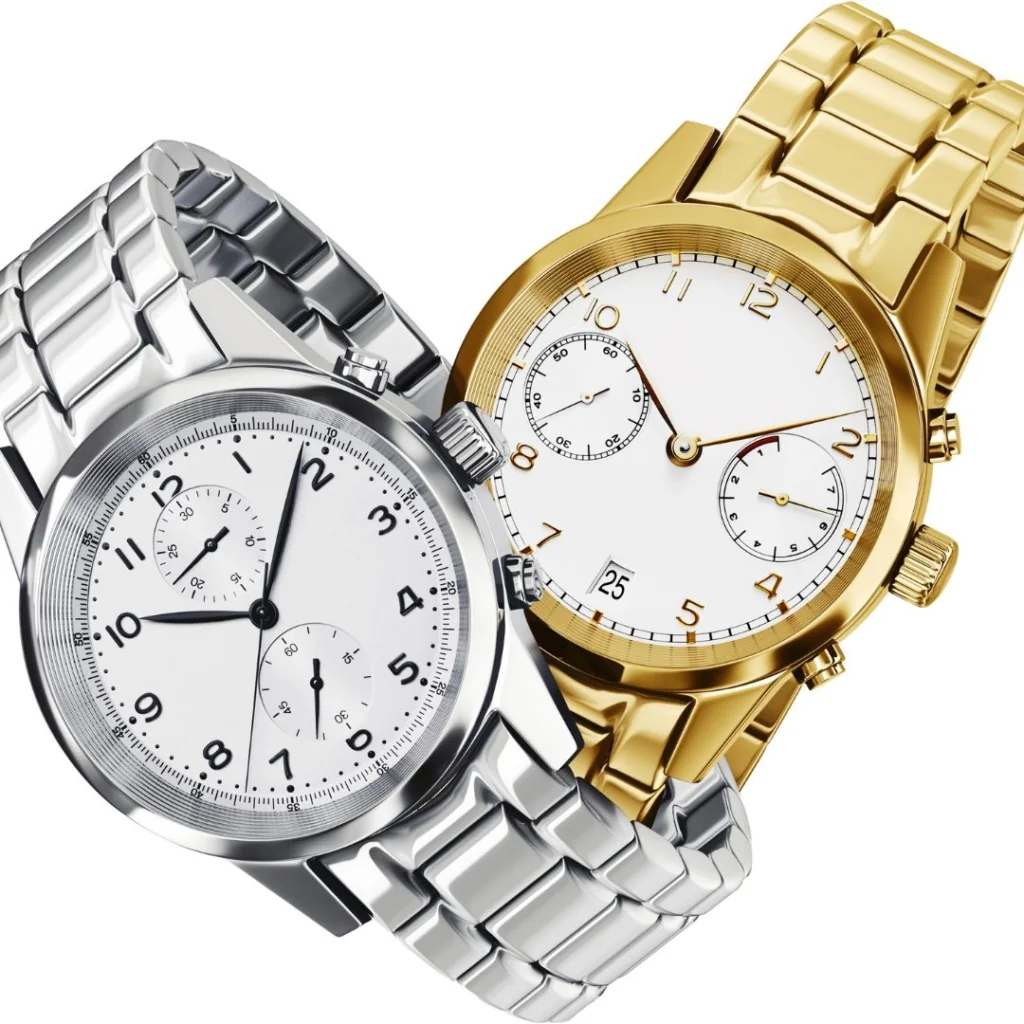Overview:
District judge says Jewelry Unlimited may not sell refurbished Rolex watches. How might consumer surveys be used to measure consumer confusion?
Refurbished, Renewed, or Unrecognizable?
Jewelry Unlimited is a retail jeweler that sells Rolex watches with showy customizations not created or endorsed by Rolex. Jewelry Unlimited’s embellishments include dial replacements, bezel installation, bracelet swaps, and added diamonds. The watches are advertised as “100% authentic as made by the manufacturer” and “100% Genuine Pre-Owned,” and retain the Rolex logo and branding after being modified.
Rolex sued in Georgia federal district court, accusing Jewelry Unlimited of counterfeiting, infringing on Rolex trademarks, false advertising, falsely designating Rolex as the product’s origin, and unfair competition. The court granted Rolex’s motion for summary judgment on liability in November, accepting its argument that blinging up Rolex watches renders the Rolex trademarks counterfeit. In February, the court issued a permanent injunction, forbidding Jewelry Unlimited from manufacturing, advertising, or selling products that bear counterfeit Rolex marks, and ordering the retailer to turn over all customized watches that have the marks.
Custom Watches Require Custom Disclosures
According to The Fashion Law, Rolex has “consistently” gone to court over the use of its trademarks in customized watches, and has won before. In Rolex Watch USA, Inc. v. BeckerTime, LLC, No. 22-10866 (5th Cir. 2024), the Fifth U.S. Circuit Court of Appeals upheld a finding that a watch reseller infringed Rolex’s trademarks by selling refurbished watches with additional diamonds, non-Rolex parts, and Rolex’s original trademarks. The Fifth Circuit gave its blessing to the district court’s reasoning that the modifications were not just repairs to the original watches, but so far-reaching that the watches were no longer really Rolex-made watches. This made the Rolex trademark confusing to consumers, the court said.
Consumer surveys can play a role in this type of litigation, because consumers’ understanding of the product’s origin and the relationship between a retailer and a manufacturer are at issue. The first-sale doctrine typically allows resale of genuine products under their original marks, as long as the modifications aren’t substantial enough to cause consumer confusion of the product’s origin. For example, a used designer purse is resold without modifications (other than normal wear), and a refurbished computer or smartphone would typically not be altered in a way that makes it different from new items sold by the original manufacturer. Whereas a Rolex that has been modified to add more diamonds, adjust the bevel, and otherwise change the face could confuse consumers into believing that this design originated with Rolex. Consumer surveys can be used to measure any consumer confusion caused by this kind of modification.
Likelihood of Confusion Surveys and Customizations
When a product with brand recognition, like a Rolex watch, is altered dramatically, advertised, and sold as authentic and genuine, the original manufacturer may assert its trademark rights. Consumer surveys used in trademark infringement actions like this one can measure any confusion between an original-issue item and the customized version. Consumer surveys could also measure whether advertising for the customized product is false or misleading to consumers in the target market. For example, in the Jewelry Unlimited dispute, a survey could have measured whether consumers who saw ads for the customized watches believe all, some, or none of the watch was made by Rolex.
If you are looking for reliable consumer survey research that withstands regulatory challenges, and litigation experts to back them up, you are just in time! MMR Strategy Group has over 50 years of experience in consumer survey research. Contact us today to discuss how we can help.
